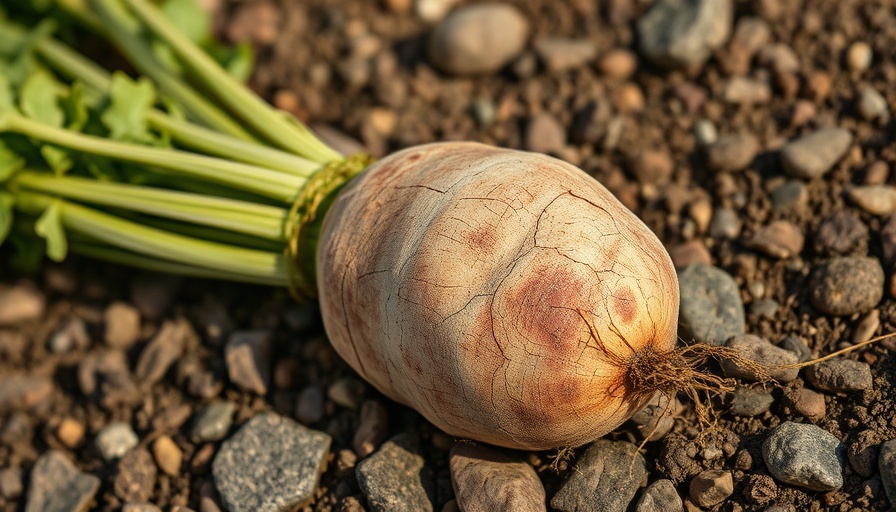
Unlocking the Power of Sugar Beet Pulp: A Sustainable Approach
In a world striving for sustainability, new innovations are essential to meet the growing demand for eco-friendly solutions. Recent advancements in biotechnology are shedding light on an unexpected hero: sugar beet pulp. This often-overlooked byproduct of sugar production is emerging as a promising source for both nutritional supplements and sustainable alternatives to plastic.
The Nutritional Benefits of Sugar Beet Pulp
Recent research indicates that sugar beet pulp contains valuable fibers that hold significant health benefits. These fibers, particularly bioactive pectin, have been shown to improve gut health and possess anti-inflammatory properties. This makes sugar beet pulp an ideal candidate for nutritional supplements aimed at enhancing our well-being. By incorporating these fibers into our diets, we can not only support our health but also reduce food waste by utilizing a byproduct of sugar production.
A Circular Bioeconomy: Making the Most of Our Resources
Professor Anne S. Meyer highlights the importance of a circular bioeconomy. Much like how we efficiently use all parts of a plant in cereal production—from kernels to straw—sugar beet pulp can similarly be repurposed for multiple applications. The vision is clear: create a cycle that transforms waste into valuable resources, cultivating a more sustainable approach to food production globally. Such initiatives could be particularly impactful in regions facing challenges due to climate change, ensuring that we make the best use of our agricultural outputs.
From Pulp to Plastic: A Revolutionary Future
The implications of processing sugar beet pulp extend beyond health supplements. The cellulose extracted through innovative enzyme techniques can replace traditional plastics, offering a biodegradable solution to a pressing global issue. This dual-purpose use of sugar beet pulp not only aligns with environmental goals but also addresses the need for sustainable materials in everyday products. If successful, the project led by Meyer and her team can pave the way for future innovations in bioplastics, thus promoting a healthier planet.
The Future of Sustainable Living
As we navigate a changing climate, the need for sustainable practices has never been more urgent. Innovations like the utilization of sugar beet pulp are steps forward in reducing our reliance on single-use plastics and enhancing our dietary health. The research led by Professor Meyer underscores a vital point: the potential of agricultural waste, when harnessed effectively, can lead us to a healthier and more sustainable future.
Take Action for a Sustainable Tomorrow
As consumers, we have the power to support sustainable practices by choosing products that utilize bio-based materials. Whether it be foods enriched with fiber from sugar beet pulp or biodegradable products derived from these resources, every decision makes a difference. Let's advocate for innovation that benefits both our health and the environment!
 Add Row
Add Row  Add
Add 




Write A Comment